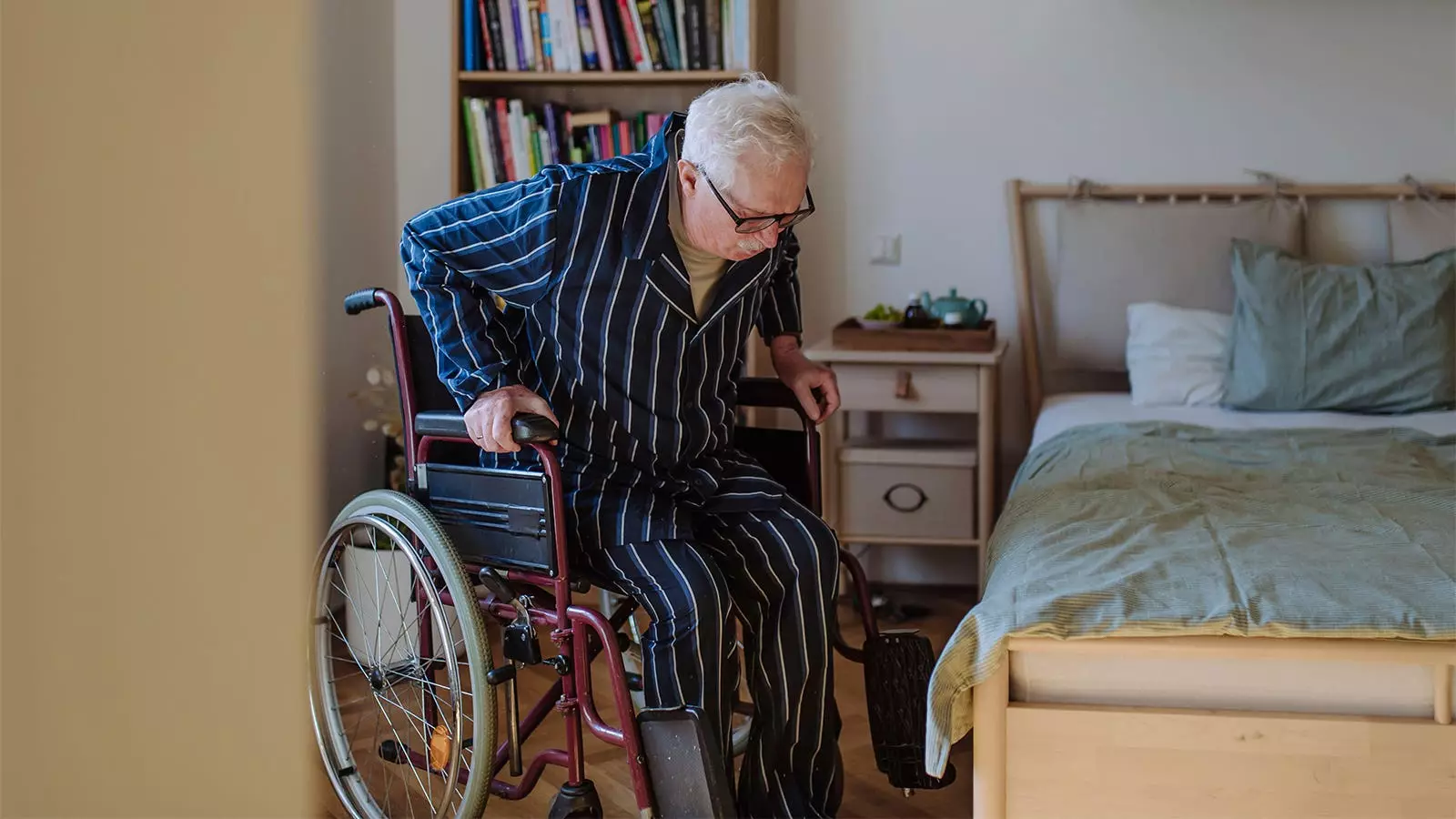In today’s society, the constant influx of negative news has desensitized us to important trends that often get overlooked. One such trend is the alarming increase in abuse and neglect of dependent persons, whether they be children, the elderly, or individuals with disabilities. Neglecting the care of a dependent person can have severe consequences, leading to criminal charges related to “negligent care of a dependent person.”
The legal definition of negligent care of a dependent person varies by state but generally refers to the neglect of a person who requires assistance to meet basic needs such as food, shelter, clothing, personal care, or healthcare. Caretakers, who can include family members, healthcare providers, and designated caregivers, have a legal obligation to provide this care. Neglect can range from failing to provide necessary treatment or care to endangering the welfare of the dependent person.
States like Pennsylvania have strict laws, such as Act 53, criminalizing negligent care of dependent persons. These laws ensure that caretakers are held accountable for their actions or inactions that endanger the health, safety, or welfare of vulnerable individuals. Similar laws exist in other states like California and New York, highlighting the importance of protecting the most vulnerable members of society.
Several high-profile cases have shed light on the significance of adequate training, supervision, and accountability for caretakers. Tragic incidents involving neglect, abuse, or even intentional harm to dependent persons underscore the need for stricter regulations and oversight in caregiving settings. While these cases receive media attention, many instances of neglect go unreported, emphasizing the importance of addressing these issues proactively.
One of the challenges in addressing negligent care is the power dynamic between caretakers and dependent persons, making it difficult for victims to seek help or report abuse. The vulnerability of individuals with disabilities or cognitive impairments adds complexity to proving cases of neglect in legal settings. Despite these hurdles, it is crucial to prioritize the dignity, respect, and proper care of all individuals, regardless of their dependency status.
The conversation surrounding negligent care of dependent persons calls for a collective effort from healthcare professionals, lawmakers, caregivers, families, and society as a whole to prioritize the well-being of vulnerable individuals. By recognizing the urgent need to address neglect and abuse in caregiving settings, we can create a cultural shift towards protecting and caring for all members of society. Only through a unified commitment to upholding the rights of dependent persons can we truly build a society that values the health, safety, and welfare of every individual.


Leave a Reply